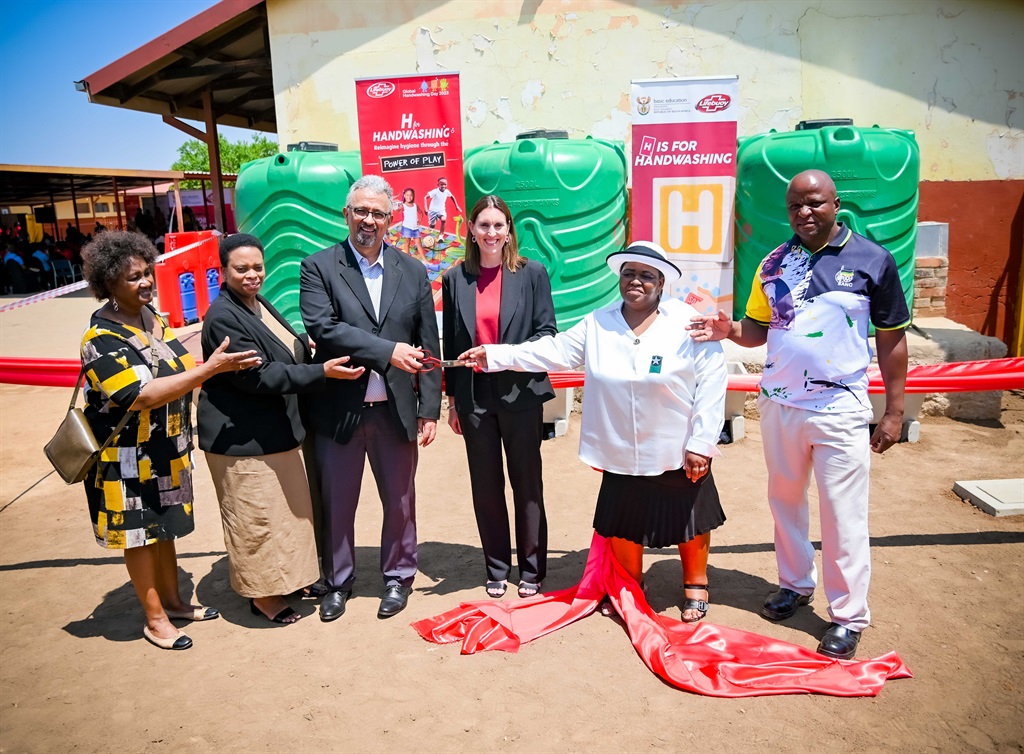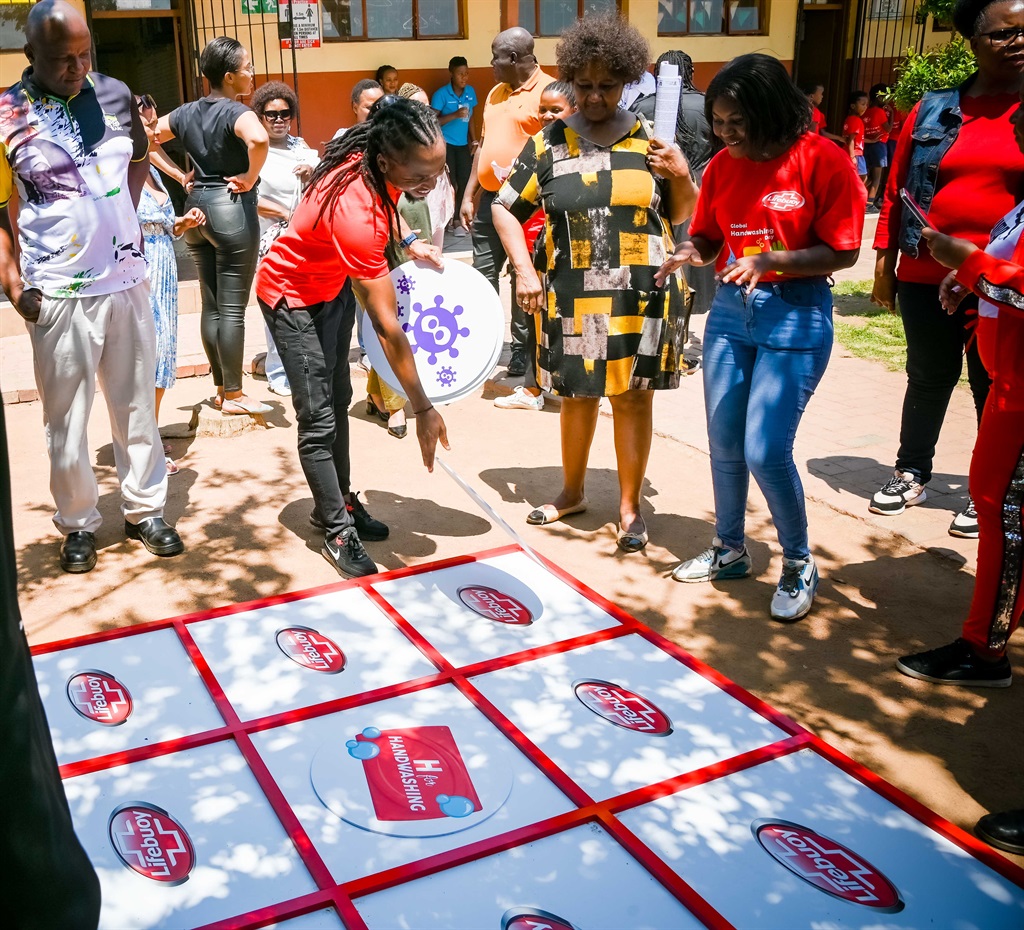
Attendees of the Global Handwashing Day event held on 13 October at Mabu-a-tlou Primary School in Hammanskraal whispered among themselves about the irony of hosting an event of this nature at a school whose taps were dry. After using the bathrooms at the school, people were baffled when they approached the taps to wash their hands but were met with drought as not a single drop of water came out.
READ: SA approaching tipping point in terms of water access and quality, says expert
When probed about the significance of holding such an event at a venue where water was nothing but a fantasy, particularly in an area where cholera plagued the community, the chief director for the national health department, Dr Lynn Moeng-Mahlangu, stated that the availability of water was a matter to be discussed with the department of water and sanitation and not the department of health:
In June, the national health department declared that the Hammanskraal cholera outbreak death toll was at 31, while the national death toll was at 47. Water-deprived Hammanskraal accounts for over 60% of cholera-related deaths in the country.
About 190 children between the ages of five to eight in Mumbai, India, recently took part in a study that resulted in a 17-time improvement in handwashing behaviour. With diarrhoea being the third leading cause of death, these behavioural changes are of importance. Moeng-Mahlangu suggested that handwashing-enabling environments be made available in communities where water was a rare commodity because, according to her, washing hands was not a luxury but a necessity. This begs the question of how communities without access to water are supposed to cope.
Eight pupils in the school were selected and dubbed chief education officers (CEOs) as they were trained to spread the word about handwashing techniques and the benefits thereof to their families and the community around them. Their mandate is to identify and take advantage of opportunities to pass down the knowledge that has been imparted to them. The CEOs proudly demonstrated the techniques and the right way to wash hands at the event as endorsed by the health department. Just like the eight CEOs who were selected in KwaZulu-Natal last year, these CEOs will carry this task for the next 12 months.
READ: One of 13 Limpopo cholera patients confirmed to have visited Hammanskraal
Deputy chief education specialist for Tshwane North District Jeff Makgae said Unilever and the department of basic education have visited over a thousand schools nationwide to educate pupils about the importance of handwashing. For most people, washing hands is a simple exercise with little value; however, the Covid-19 pandemic has proved to the entire world just how much washing one’s hands holds the power to save lives. Makgae also relayed his concern over the decline in handwashing since lockdown restrictions were eased. Said Makgae:
"For this reason, we are determined to instil the culture of washing hands in young kids and make it a life-long habit. Children’s ability to grasp information and remember it is an excellent tool to drive the message home as they are able to remind their peers, as well as their caregivers about these lessons. Insignificant as people might think handwashing is, it has been proven to be a fundamental form of protection from various illnesses."
Global Handwashing Day is marked annually on 15 October. The day is dedicated to raising awareness and understanding about the importance of handwashing with soap to prevent diseases and save lives.
Pupils at Mabu-a-tlou unveiled five handwashing stations donated by the companies. Neighbouring schools also received soaps and sanitisers, a much-welcomed initiative for a community that lost its members due to the cholera outbreak.




 Publications
Publications
 Partners
Partners










